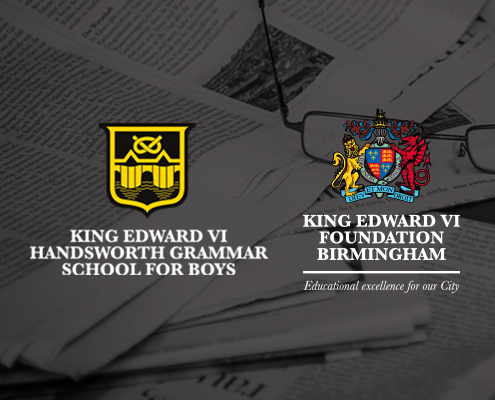Focus on Education February 2021: No.1
Suffering and compassion
However hard we try to remain positive and full of hope, we cannot pretend that life is a bundle of laughs currently. Whereas many of us knew few people who had tested positive last spring, the situation has changed enormously and most of us will now know either someone who has sadly died or who has lost a loved one to this horrid disease. Many of the individual tales that lie behind the statistics are heart breaking and we are aware of the trauma and the tragedy to which ITU medical staff are exposed to on a daily basis. We probably have friends and family working in ITU and/or Covid Wards and these tales are real and devastating. My sister-in-law works as a Consultant at New Cross Hospital and the burden is a heavy one for her and her colleagues.
We cannot simply turn off the news and ignore the suffering, nor can we suggest to our children that everything is OK – because we know it isn’t. Wednesday marked Holocaust Memorial Day when we remembered the unspeakable suffering and slaughter of millions. This year’s theme is ‘Be the light in the darkness’. It encourages us to reflect not only on the depths to which humanity can sink, but also on the ways in which individuals and communities resisted that darkness to ‘be the light’ before, during and after genocide. World events currently may leave us feeling helpless, but we have also witnessed the very best of which humanity is capable in many acts of compassion and kindness.
We marked Holocaust Memorial Day through our online assembly and on our own in a moment of silence and of reflection, remembering the suffering of those who have been killed and of those who have survived. Even better, we can find time to educate ourselves more about the stories of those who suffered perhaps by visiting the Holocaust Memorial Day website www.hmd.org.uk. Or we could read a book about other similar experiences like Morris Gleitzman’s ‘Once’ or Anne Frank’s Diary or Tom Palmers ‘After the War’. We can make ourselves aware of the kind of ‘hate- speech’ that still exists today. The type of language designed to make us think of other people as different, or a threat, or as aliens. Being alert to it can help us all to recognise it, to reject it, to challenge it, and to confront it. However, most of all we must never forget. In the words of the Holocaust survivor and poet Elie Wiesel, “If we forget the dead will be killed a second time”.
We are determined that our young people should not only feel a sense of togetherness and belonging despite being separated, but that we also become a kinder and more considerate community – looking after each other and caring for those less fortunate than ourselves. We have often spoken as a society about learning lessons from this nightmare and it is vital that those positive lessons become embedded after the pandemic in the values and actions of our school. We want to ensure that diversity is celebrated and that all our students feel fully included and valued.
As we remain confined to our homes, juggling the demands of work and school with limited opportunities for many of our leisure pursuits, let there be ample kindness and light in your family this weekend.
Stay well and safe. Be kind to yourself and each other.
Dr Bird








